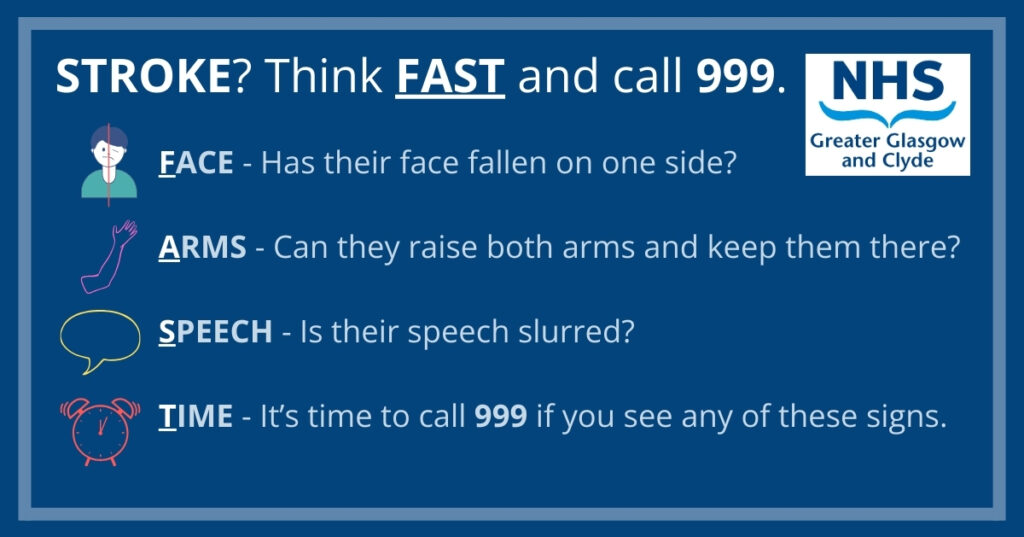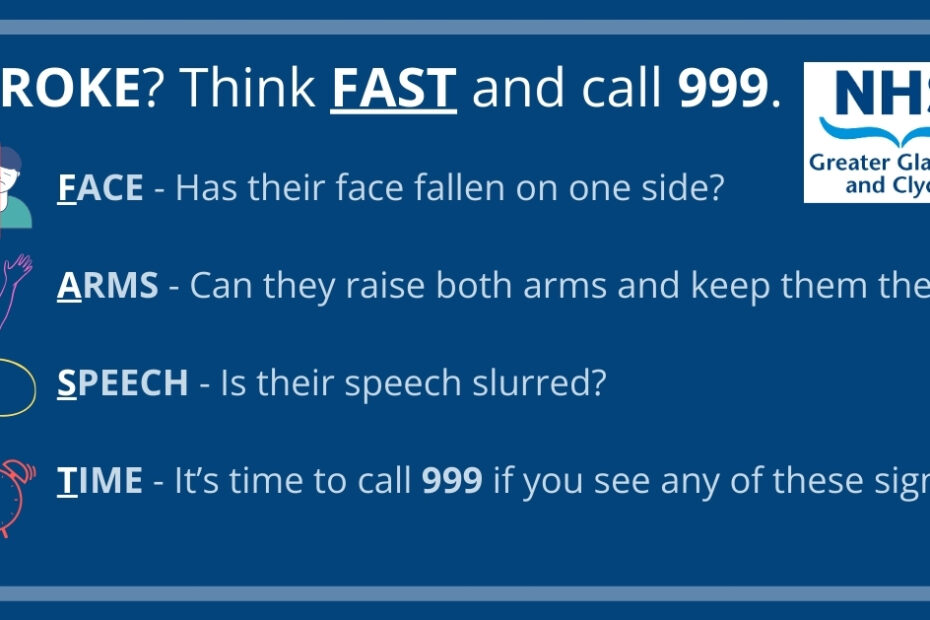
Patients and their families have praised the “incredible” care shown to people who have had treatment for a stroke at the Royal Alexandra Hospital.
Feedback left on the independent Care Opinion platform includes stories from stroke patients have been cared for at the RAH and their relatives.
In the last six months, the compassion and care shown by health professionals has been highlighted, with one person sharing their appreciation for “impeccable staff” who looked after their papa after he had a stroke.
The post said: “In what was such a worrying time for us, being able to go home settled knowing that he was getting the best care from the most incredible people really made the world of difference.
“From celebrating his what could be considered small achievements, the staff in this ward made him feel like he had just moved mountains.
“Your staff members are just indescribable and nothing that we can say would ever be enough thanks for just how positive you made such a rubbish time feel for him.
“Thank you for working tirelessly to get him home to us as close to his old self as he can possibly be.”
Another relative told how the care their dad received at the RAH after a suspected stroke was “excellent”, saying the “teamwork to deliver person-centred care” shown by staff was “truly what makes the NHS so good”.
NHS Greater Glasgow and Clyde has reminded Renfrewshire and Vale of Leven residents of the main signs of stroke, and urged people to act FAST if they believe they or someone else is having one.
A specialist thrombolysis service was introduced at the RAH at the end of 2022. It is a type of medical procedure which dissolves stroke-causing blood clots – restoring blood flow to the brain.
However, the procedure must be carried out within the first few hours of symptoms starting, and any delay can potentially result in a substantial loss of brain tissue and functional abilities.
NHSGGC stressed the need for people to act quickly if they suspect they or someone else is having a stroke.
The main symptoms can be easily remembered using the ‘FAST’ test:
- Facial weakness
- Arm weakness
- Speech problems
- Time to call 999
Another patient, who was admitted to the RAH following a suspected stroke, said staff there were “always friendly and full of care” despite being busy.
Their post said: “I’m forever grateful for the care they showed me. We should be proud of everyone in our NHS.”
Symptoms in the FAST test identify most strokes. Occasionally a stroke can cause different symptoms which might include problems with balance and coordination, a sudden and very severe headache and a loss of feeling in one side of the body.
However, there can be other causes for these symptoms.
Thrombolysis is used for the treatment of ischaemic strokes – those caused by blood clots – which account for approximately 85% of all cases.
The RAH treatment is there for residents of Paisley and Renfrewshire, as well as for people living in the Vale of Leven area including Dumbarton, Alexandria, Bonhill and Balloch.
The therapeutic window for thrombolysis is usually up to four and a half hours after symptoms have started, so it is crucial that people act urgently and call 999 as soon as they notice symptoms.
Studies have shown that for every 15-minute delay in administering thrombolysis, there is a corresponding loss of approximately one month of healthy life, primarily due to increased time for rehabilitation.
Consultant Physician Dr Julie McManus, who is based at the RAH, said: “It is vital that you act as quickly as possible if you believe you or someone else is having a stroke.
“At the RAH, our thrombolysis treatment can help to dramatically improve patients’ outcomes and recovery, including saving their life and reducing the chance of disability or other lasting effects.
“But in order for this to be administered, we need people to dial 999 as soon as they recognise symptoms of a stroke.
“These symptoms can be easily remembered as the ‘FAST’ test – Face, Arms, Speech and Time.”

